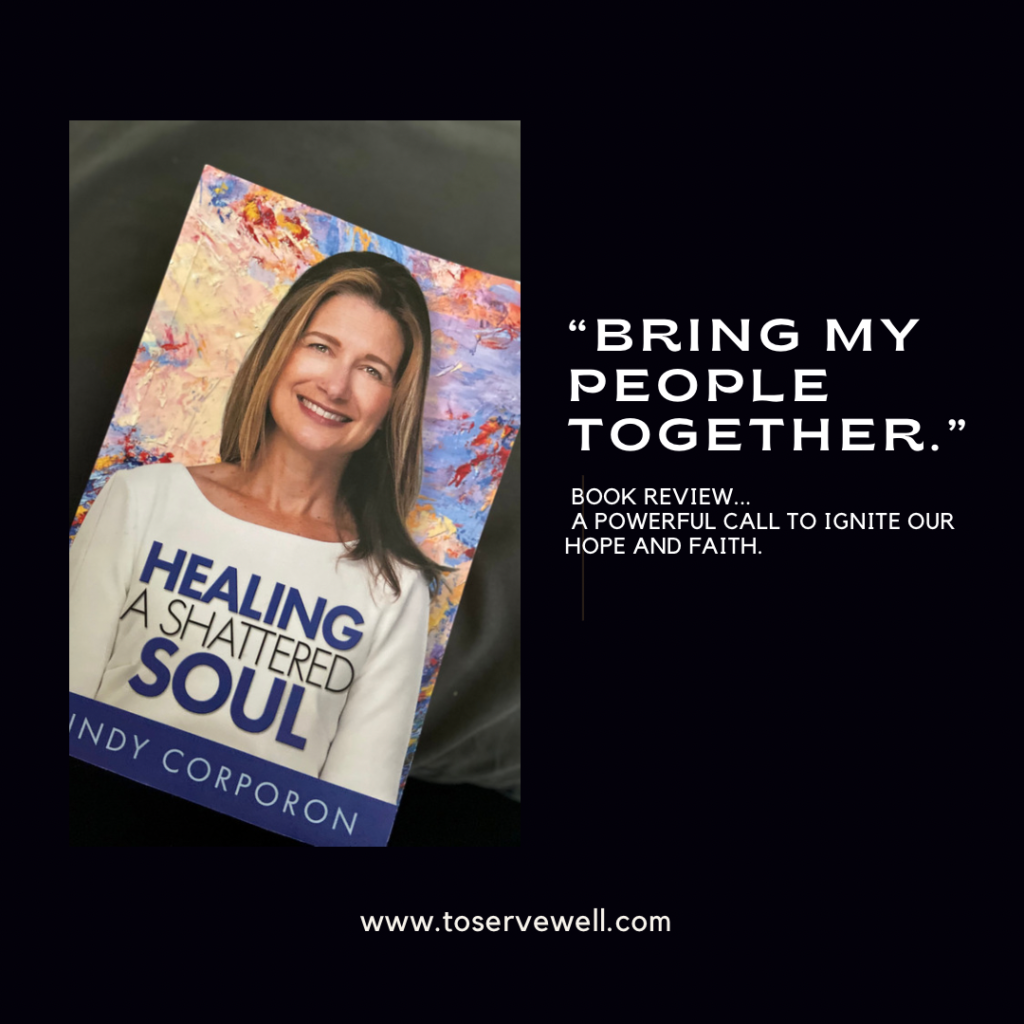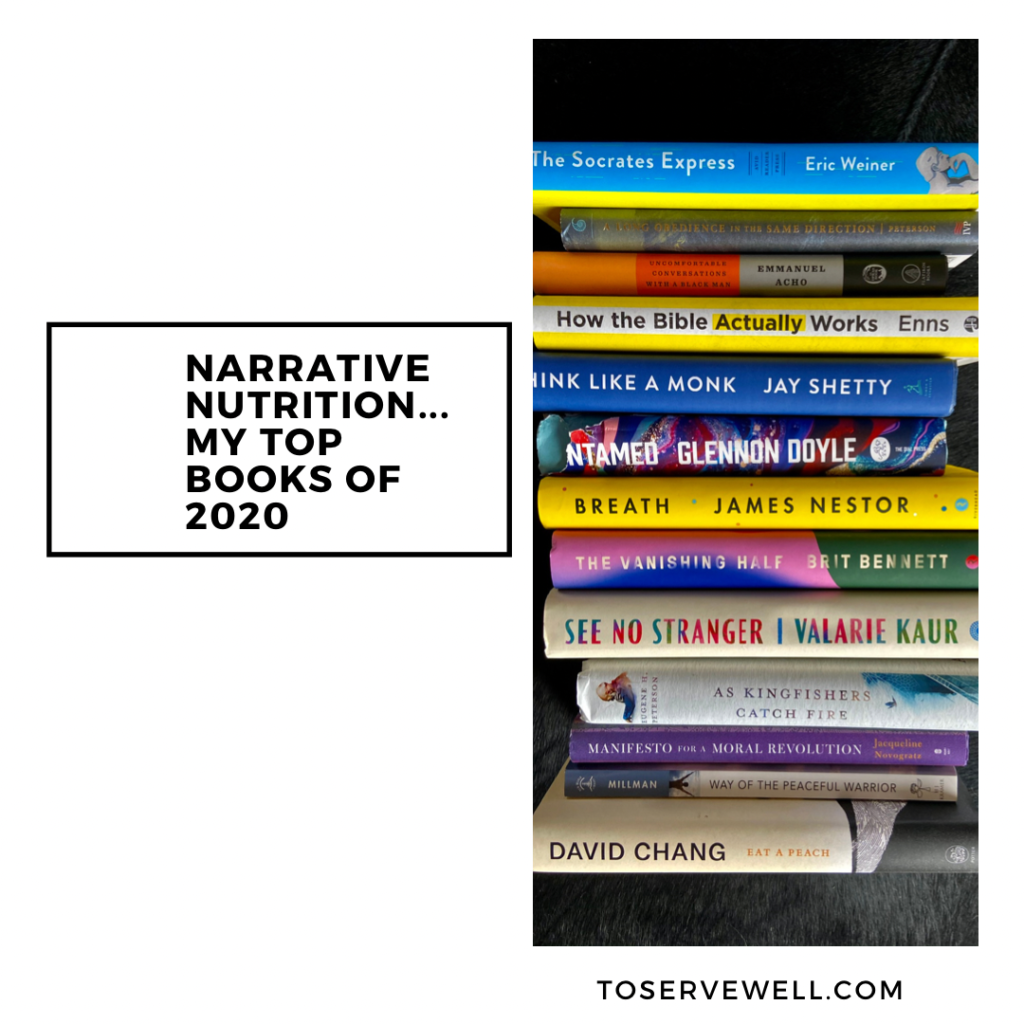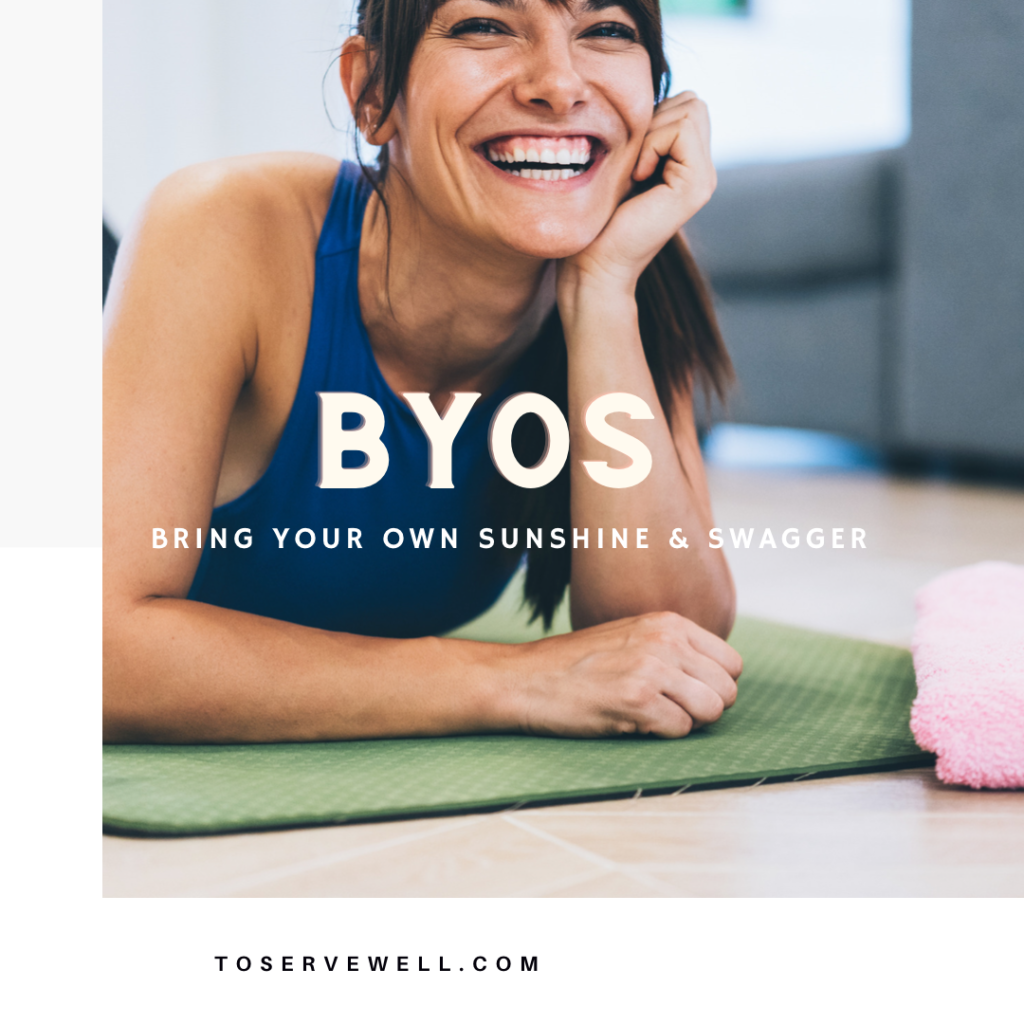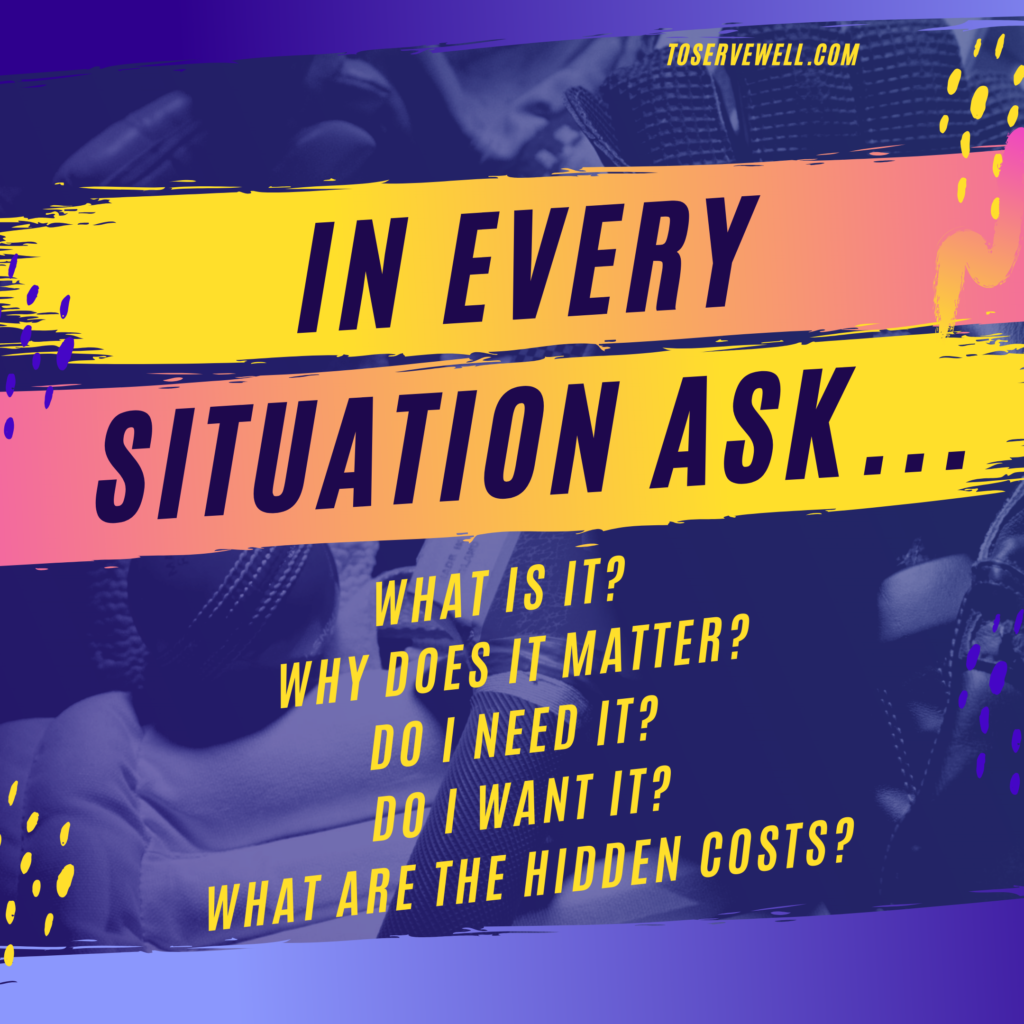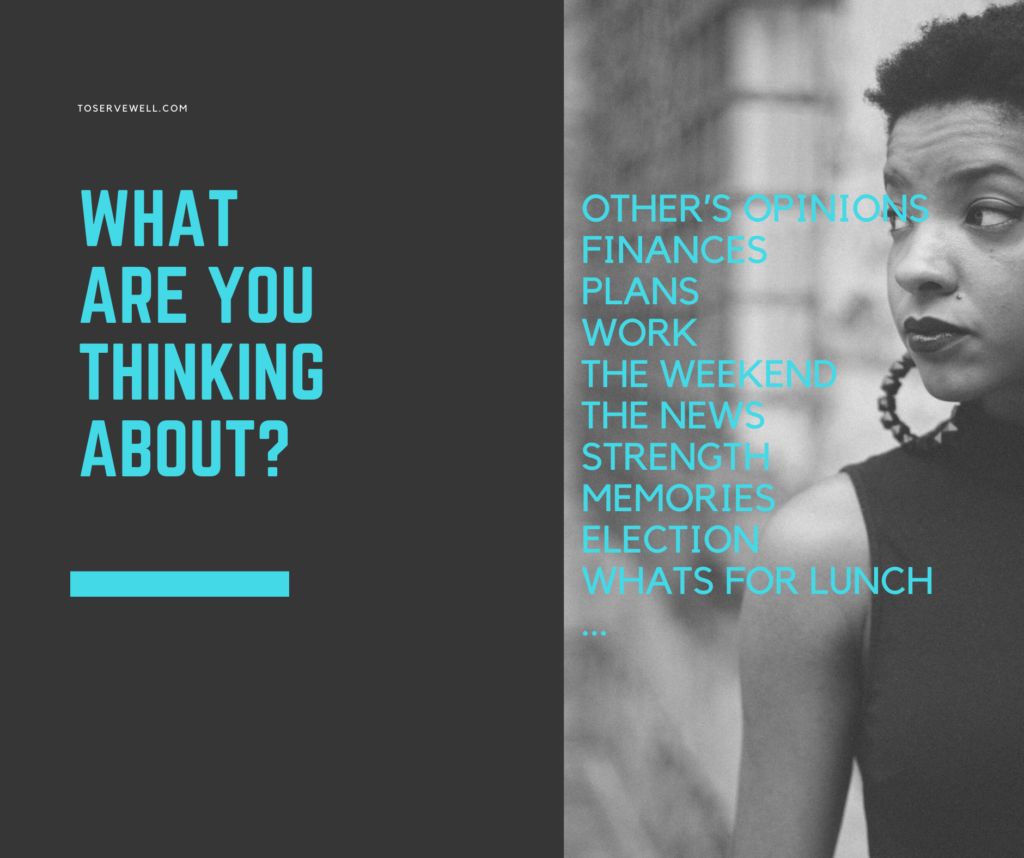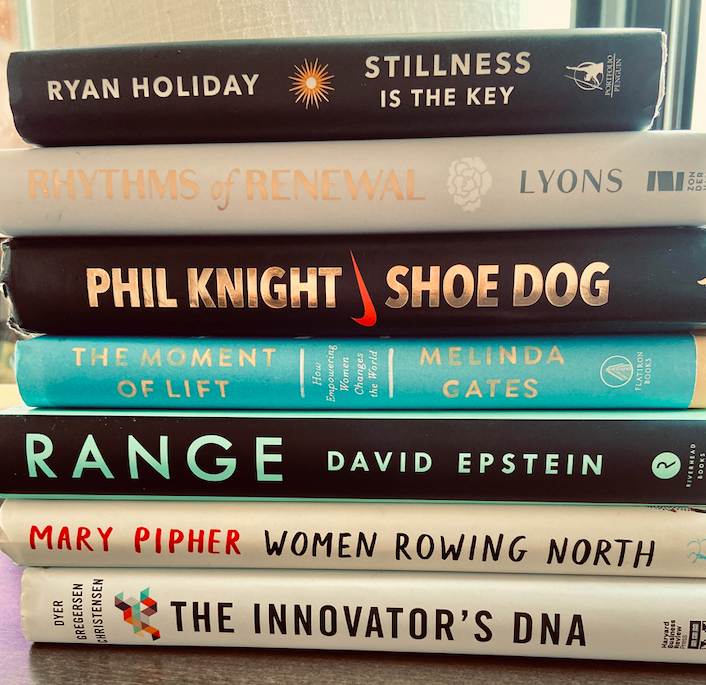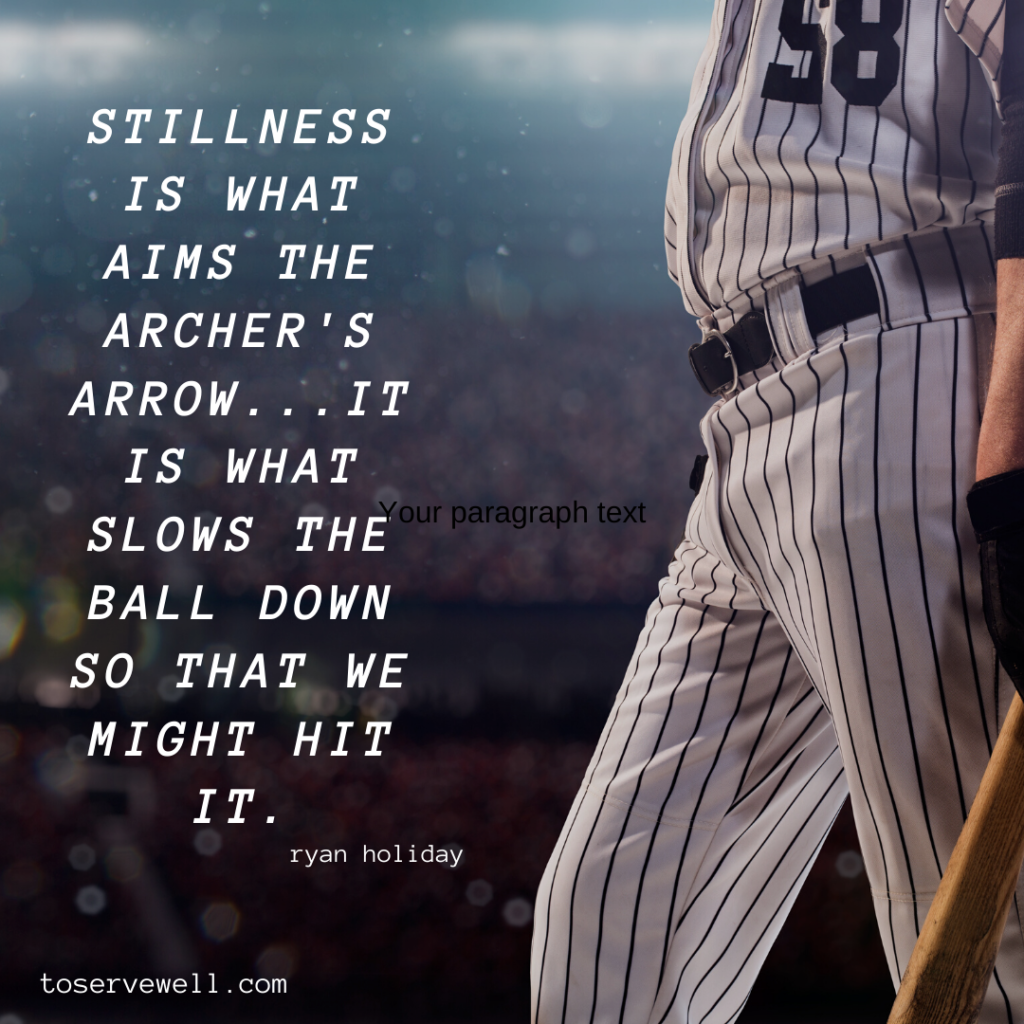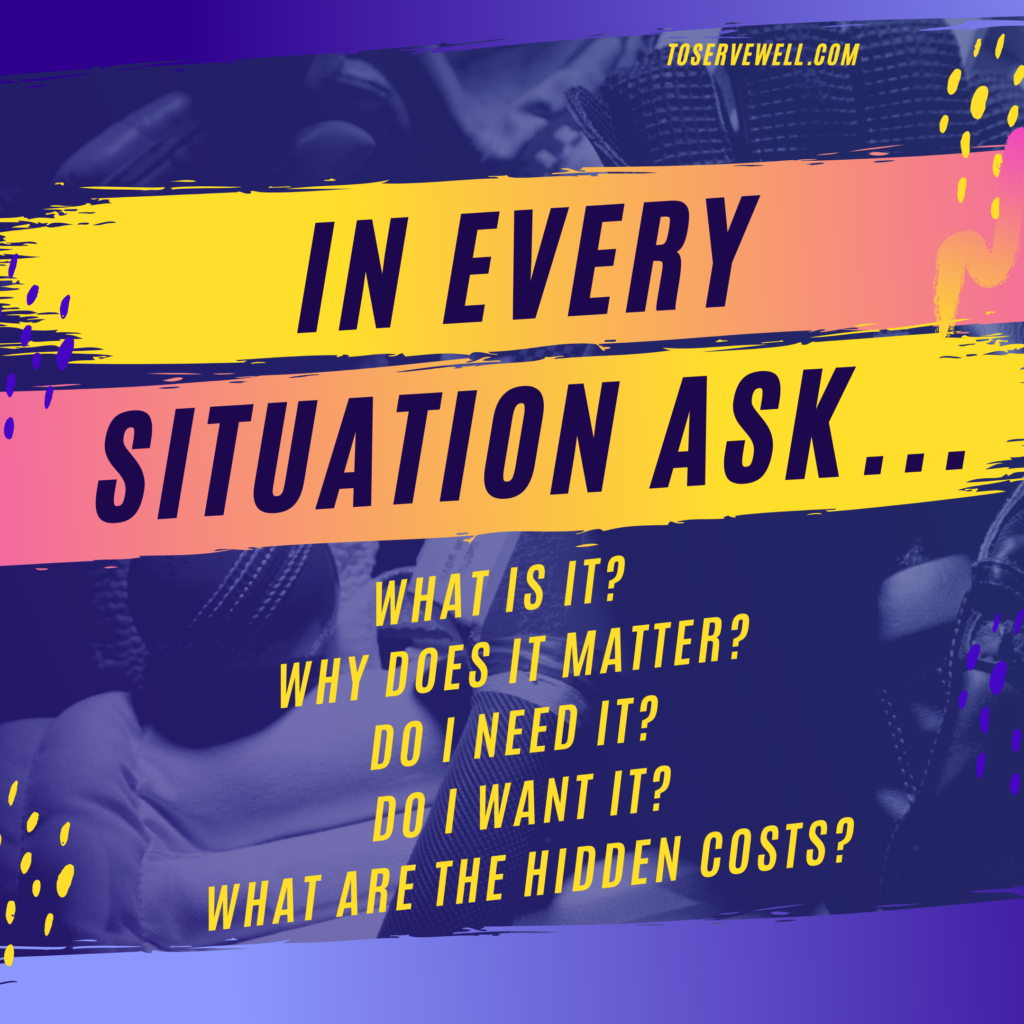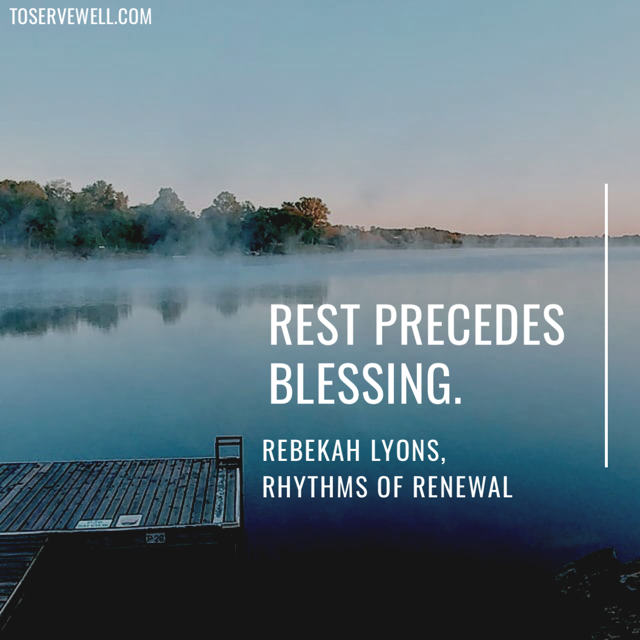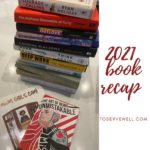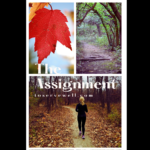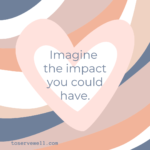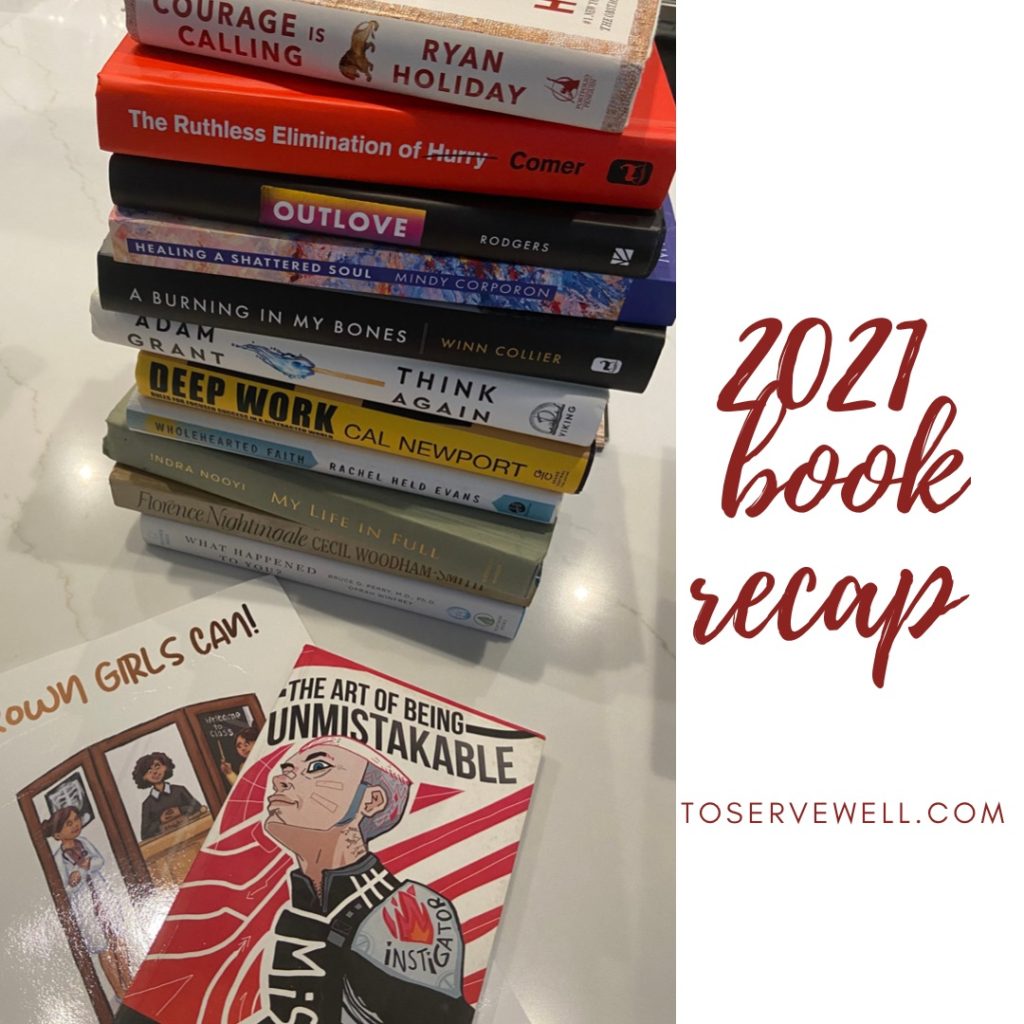
Okay, so for me, reflecting on the prior year takes a bit of time and thought. I’m so thankful for each of you that ask me for this each year. I do love my reading and find that it is primarily how I connect with my creative side – generating thought, learning, and spurring me on to what life is showing me in that moment.
My count for 2021 was around 58 total books. Honestly, a few of them I struggled to get through. My mind didn’t want any “heady” reading this year. I did two re-reads (“Stillness is the Key” and “Atomic Habits”), which I recommend we all do each year. For those of you who follow the Bible, I do think it is beyond powerful to re-read all or focused parts each year. I can’t express enough how much I learn by doing this and although I’ve only done it over the last decade or so, I wish I would have done it earlier. If you ever have a goal to do that, I learned a wonderful strategy that I’d love to share if you are interested, just comment or message me. It’s been a life game changer.
So, here you go… my 2021 recap! Of course I have to have #13, since that’s my lucky number. These are in no particular order, except for #1, which is an absolute must-read book, in my opinion!
- Courage is Calling, Ryan Holiday
Why: These quotes capture the heart of it well: “Do you want to think about a world where Florence Nightingale did not revolutionize nursing? Because she didn’t want to piss off her parents, because she didn’t want to confront bureaucrats in charge? We cultivate courage so we can do important work that people are counting on. We can’t just be brave when it counts. It has to be something we cultivate. No athlete just expects to hit the game-winning shot- they practice it thousands of times. So, we must test ourselves. We make courage a habit.”
(Okay, so I am apparently a huge Ryan Holiday fan. He also wrote “Stillness is the Key” and “Ego is the Enemy.” The books are short and easy reads and powerful! He also has his newsletter, “Daily Stoic,” that I love, but I will say his podcast just wasn’t my thing. It always strikes me as odd when I love someone’s writing, but not their voice. Interesting fact of life!)
2. The Art of Being Unmistakable, Srinivas Rao
Why: I picked up this VERY short book from someone sharing on a podcast how this is one of the most successful/most sold self published books. It is touted as a “Pep talk for creative people,” which I think is fairly accurate, but I found it to be excellent in many areas. Here’s a quote I marked: “Books, destination, and callings tend to reveal themselves to you while you pursue them. We often do not know where stories end, where unpaved roads lead, and who we’ll become along the way. Therefore you just have to start.”
3. Brown Girls Can, Kamara White
Why: First of all, I am a friend of Kamara, otherwise known as “KK,” and I’m so proud of her for following her dreams and publishing. She has this amazing little girl and her heart is in ensuring she does all she can do to sow love, dreams and invaluable life lessons to her. This quote in this children’s book covers it best, but really the whole things is just all of the good things in life – powerful: “Do you believe that, Laila,” Mommy asked. “Yes, Mommy! I believe it because … well, because I see you,” said Laila. “That, my dear, is called a ‘role model,'” Mommy replied. “My job as your mother is to show you all the things you can be. Your job as my little girl is to become what you want to be.” “That’s pretty cool, Mommy!” said Laila.
4. The Ruthless Elimination of Hurry, John Mark Comer
Why: My son Sam recommended this to me and just as he thought it might, I found it to be incredibly impactful. The chapters on technology were really good, and I blogged about this earlier in the year. I loved the simplicity in this statement: “I think it’s wise to cultivate a healthy, suspicion of technology. Technological, and even economic, progress not not necessarily equal human progress.” Folks, this is so good, I highly recommend it!
5. Outlove, Julie Rodgers
Why: This is Rodger’s first book and it followed with a film called “Pray Away.” The topic is a sensitive one for some and I feel it is so important that we all stretch ourselves to understand the people in our midst. I loved her vulnerability overall. This message was very helpful: “Things were shifting inside of me. I didn’t necessarily read new theological argument and then change my mind, beliefs aren’t formed that simply. I began to ask different questions.”
6. Healing a Shattered Soul, Mindy Corporon
Why: Mindy is a dear friend and I am so proud of her for sharing her journey with the world through her first publication recounting the tragic loss of her father and son and sharing parts of the healing process. Mindy is a world-changer and has been since day one, obedient to the calling to play an instrumental role in our nation’s overall healing in the areas of hate and misunderstandings of others.
I loved the part of the book where she talks about her vision for seeing black and white women together. “I recall the sun shining brightly and bird flitting here and there as I stopped in my tracks to contemplate how many black women I might know. Hmmm. I had never stopped to think about how many I knew, let alone how many I knew well enough to ask them to join me for this gathering. Nicole chuckled as I proudly announced that I could name eight Black women off of the top of my head who I could call or email, asking them to join us for a conversation. I felt stupid: Why had I never reached out prior to now?” (I resonate with that reaction: “I felt stupid.” Some of the most important things we need to do are literally right in front of us.).
In the next few days, Mindy would create “Respect. Engage. Appreciate. Trust, (REAT, the name of her son) to engage a diverse group of women in life changing conversation… Mindy ACTS and we are all better for it.
7. Think Again, Adam Grant
Why: Adam Grant can pretty much do no wrong in teaching in one way or another. If you don’t follow him, I have no doubt that it will be a great move for you! His latest book “Think Again” offers us all manner of thought leadership around why we need to reconsider how we process and think, including long-held stories and beliefs, including the famous story of the frog and hot water. Can you guess where that goes in this book? The title captures it best, but I loved this, “We laugh at people who still use Windows 95, yet we still cling to opinions that we formed in 1995. We listen to views that make us feel good, instead of ideas that make us think hard.” So true!
8. Deep Work, Cal Newport
Why: The subtitle here is helpful: “Rules for Focused Success in a Distracted World.” After reviewing the list, there seems to be a bit of a theme around distractions and anchoring. Hmmmm?
Newport dives into many areas, but I particularly loved the neurological arguments for depth. He walks through “tool selection” and proposed that knowledge workers (most of us in this century) treat our tool (software, apps, etc as examples) selection with the “same level of care as skilled workers, such as farmers. Identify the core factors that determine success and happiness in your professional and personal life. Adopt a tool ONLY if its positive impact on these factors SUBSTANTIALLY outweigh its negative impacts.” This “craftsman” approach is in opposition to the “any benefit” approach as justification for adoption.
9. Wholehearted Faith, Rachel Held Evans with Jeff Chu
Why: I have been waiting for this one, and of course it was brilliant. Rachel Held Evans left his world way too early and her writing through her young life was profound. Jeff Chu, a long time friend, pieced together what she left to publish her last book. No doubt that proceeds will greatly help her young family over the years. Evans pushes the reader on the “path from unquestioning certainty to wholehearted vulnerability.” I’ve used this a few times since I heard it in the book, and will no doubt use it for a lifetime, “I like a little bit of controlled wilderness every now and then – (A hike in the hills with my family, taken with the hope of a hot shower after a successful day out, or a brief camping trip that comes with the promise of A/C and cable TV at its conclusion. That is obviously not how the biblical or spiritual wilderness works.)”
10. My Life in Full, Indra Nooyi
Why: I LOVED THIS BOOK! If I were to have ranked the list, it would have been top 3. I don’t read a lot of autobiographies but I’m so glad I did read this. I’m not sure what called me to it, but as a top female leader of one of our nation’s largest companies (PepsiCo), it was fun and chalked full of valuable insights. My favorite takeaway was the intention she put behind design work and the creation of of the PepsiCo Design and Innovation work led by Mauro Porcini. I truly had no idea of the depth of the company, its products and its impact on our country.
Nooyi’s premier program initiative, “Performance with Purpose” outlined three key topics worth sharing, “This was my opus. We would deliver excellent performance, as was expected for PepsiCo, but would add three imperatives to our work ahead. Nourish humanity and the communities in which we live, Replenish our environment, and Cherish the people in the company.” (Isn’t that great? NOURISH…REPLENISH…CHERISH!) In my next assignment, you can be sure I’ll be using this as a fire starter.
11. Florence Nighingale, Cecil Woodham-Smith
Why: I also don’t usually read biographies, but Holiday referenced her so much, that I had to back track. I mean, I am in health care so I certainly know who she is, but goodness… I had no idea of her story. I’m so glad I took this detour and caught up. There are some notes I made to myself at the end of the book that I feel we can all use:
- “I attribute my success to this- I never took any excuses.”
- She worked shoulder to shoulder with her team. She was devoted to serving.
- Look at data and then acted ( I loved the emphasis on this… so important)
12. What Happened to You, Oprah Winfrey and Bruce D. Perry, MD, PhD
Why: My coach told me about this late this last year. It is focused on past trauma and the title conveys the message, that instead of asking “What is wrong with them” for example, we consider changing the narrative to “What happened to them.” It is a simple change up and significant. When we peer into ourselves and others, it is useful to not be critical but to come into the dialogue with curiosity.
This is the ONE BOOK I would recommend to anyone who has anyone in their life that has experienced any kind of trauma or whom has found that in their own path. It is very easy to read and strong work that will make you better for taking the time to dive in and learn about the many complexities that impact our lives.
13. A Burning in my Bones, Winn Collier (biography of Eugene Peterson)
Why: One of my aspirations for 2021 was to read all books by Eugene Peterson. (It was amazing!) It just so happened that Collier’s book also came out this year, so I just had to read it right away. Some of you may be familiar with Eugene Peterson, who authored the Message Version of the bible. It is a really nice change to read the bible in the way we may think today. I find myself often looking up a verse in his re-construct of the original version to see if it hits home in a different way and it often does. At any rate, Collier did a wonderful job of sharing with us Peterson’s life and he didn’t leave out anything that was the slightest bit sensitive, for example, sharing that the famous preacher/writer also leaned on drinking a bit too much and was very much aware of this and how he addressed it. It is always helpful to know that we are all human and see real life examples of that, especially for those we look up to. If you are a Peterson fan, grab this one for the joy of it!
